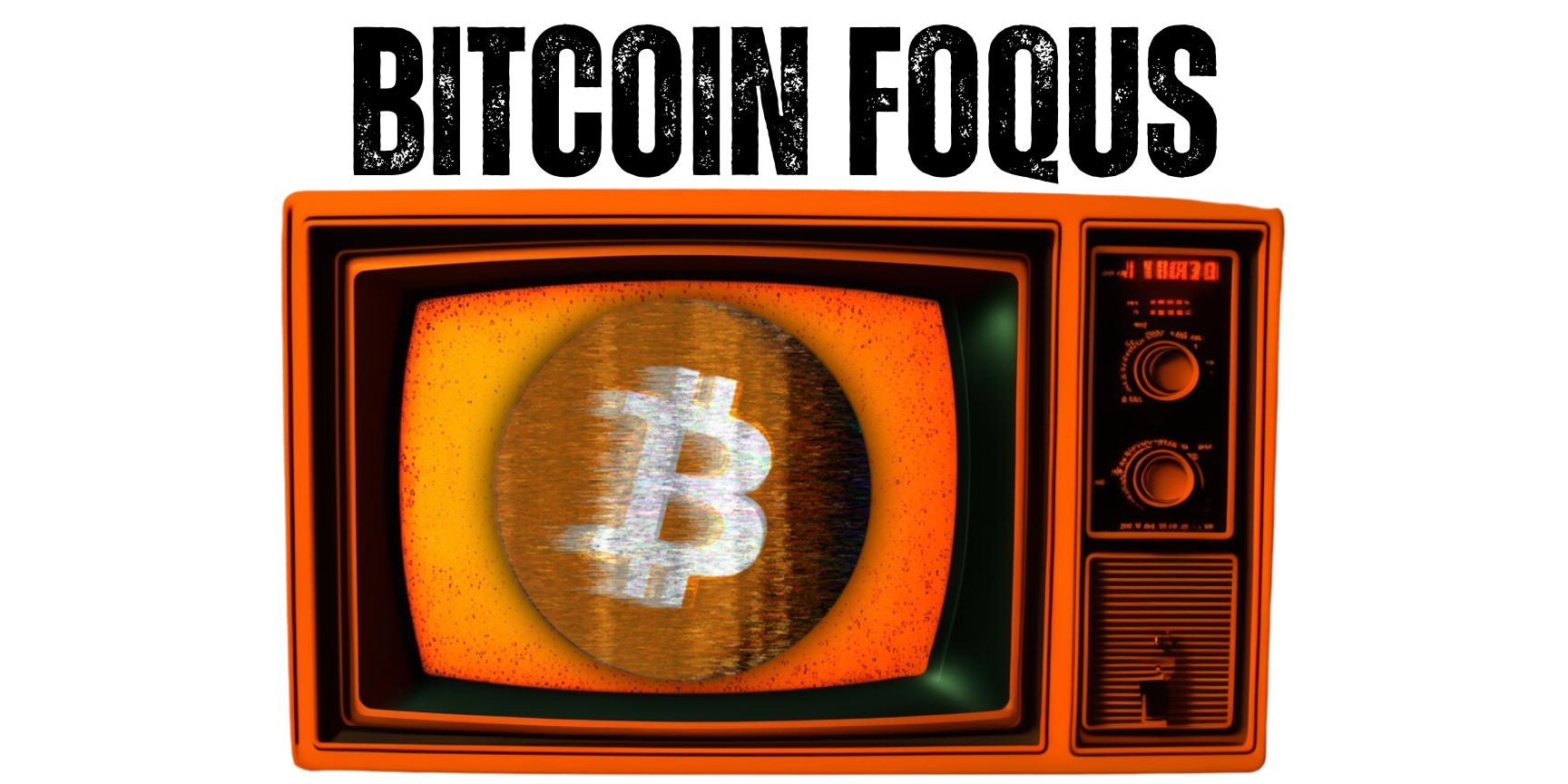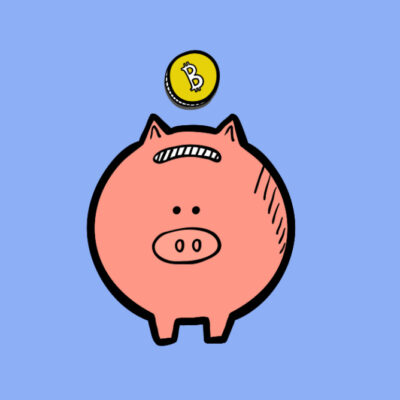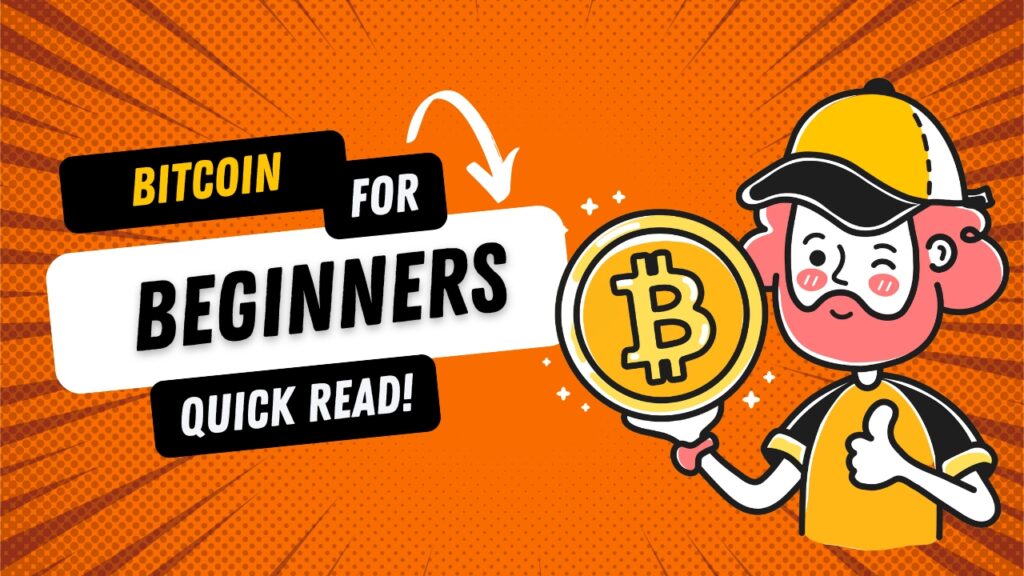
Robert Kiyosaki, the trailblazing American entrepreneur, investor, and author, catapulted to fame with his game-changing book, “Rich Dad Poor Dad.”
Born in Hilo, Hawaii, in 1947, Kiyosaki’s journey began in the US Marine Corps before he ventured head-first into the world of business. As he immersed himself in personal finance education and real estate investing, his best-selling book became a guiding light for millions seeking financial freedom.
Kiyosaki’s passion for alternative investments and financial innovation inevitably drew him to the world of Bitcoin. His opinions on Bitcoin have tended to wax and wane in tandem with the prevailing economic climate.
While he envisions Bitcoin as a powerful bulwark against traditional financial systems and a stalwart guard against fiat currency devaluation, his commentary has on occasion appeared rather inconsistent.
Kiyosaki is convinced that Bitcoin’s decentralized nature, portability, and resistance to confiscation make it an irresistible asset for wealth preservation, particularly in light of his vocal criticism of government policies, economic management, and inflation.
Despite his enthusiasm for Bitcoin, Kiyosaki remains acutely conscious of the risks and potential drawbacks it entails. He fervently urges individuals to arm themselves with knowledge about the technology and market dynamics before taking the plunge into Bitcoin.
What Does Robert Kiyosaki Think About Bitcoin?
Kiyosaki’s foray into the world of Bitcoin has been a prolific one, and the entrepreneur has had plenty to say on the subject.
His Twitter account features a veritable cornucopia of both bullish and contradictory attitudes toward Bitcoin as a hedged investment against the coming fiat currency doomsday.
In 2022, Kiyosaki joined the ranks of high-profile economic figures endorsing the stockpiling of perishable goods to stave off an impending financial catastrophe.
“Best INVESTMENT: Cans of Tuna Fish. Inflation about to take off. Best investments are cans of tuna & baked beans. You can’t eat gold, silver, or Bitcoin. You can eat cans of tuna and baked beans. Food most important. Starvation next problem. Invest in the solution. Take care”
However, within just a few short months, he made an about-face on Bitcoin, tweeting in favor of Bitcoin investment:
Throughout 2022 and into 2023, Kiyosaki has maintained a steady stream of Twitter commentary on the hypothetical Bitcoin crash and its eventual low point.
Demonstrating unwavering conviction in purchasing during the dip, he continued to speculate on Bitcoin’s value at its potential bottom.
Kiyosaki’s more notable commentary on Bitcoin often revolves around his apparent skepticism of the US government, treasury, and Federal Reserve.
While his remarks occasionally verged on the conspiratorial, the dialogue he has sparked concerning both his own and the public’s perspectives on who or what is accountable for the devaluation of fiat currency is undeniably worth taking note of.
In March 2023, Kiyosaki alluded to the absence of intrinsic value in fiat currency and urged his Twitter followers to acquire and invest in Bitcoin as a means to weather what he characterizes as a faltering economy.
Back in 2022, on his podcast “Rich Dad Channel,” Kiyosaki made a statement that was destined to resonate with Bitcoiners everywhere:
They wanna centralize control everything. So the reason I support Bitcoin, and especially blockchain, as it’s decentralized.
…It’s people’s money.
[source]
Rich Dad (Bitcoin), Poor Dad (Gold)
In the realm of investment and finance, Robert Kiyosaki’s expertise is indisputable, having amassed his wealth on this very foundation. Nevertheless, his commentary on Bitcoin warrants a closer examination. From canned tuna to imminent crashes, let’s delve into the validity of his perspectives.
You Can’t Eat Bitcoin, But Bitcoin Can Buy A Lot of Tuna

At first glance, Kiyosaki’s comparison of perishable food to Bitcoin might seem peculiar. After all, perishable goods like canned tuna are meant for consumption, while Bitcoin is a digital asset designed for transactions and wealth preservation.
A deeper analysis reveals the false rationale behind his statement.
It’s true that you can’t eat Bitcoin (or gold, for that matter), but it’s important to recognize that one of the primary functions of any currency is to serve as a medium of exchange.
This means that Bitcoin can be used to purchase not just tuna but a bunch of other goods and services, as it continues to gain widespread acceptance.
Stockpiling Goods Is Nice, But Not Money
In fact, Bitcoin’s fungibility and divisibility make it an efficient and convenient means of exchanging value in today’s digital age.
Furthermore, while Kiyosaki’s recommendation to stockpile perishable goods might seem like a sound strategy in the face of an economic crisis, it’s essential to recognize that the US is unlikely to experience a food shortage anytime soon.
What the US is indeed grappling with, however, is the rising inflation of food prices, and this is where Bitcoin’s potential as a hedge against inflation comes into play.
As a decentralized digital asset with a capped supply, Bitcoin is less susceptible to the inflationary pressures that plague traditional fiat currencies. By investing in Bitcoin, individuals can actually protect their wealth from the eroding effects of inflation.
Kiyosaki’s advice to ditch Bitcoin in favor of perishable food might be a gross oversight, but it highlights an important consideration for investors.
In the end, it’s not just about the tuna – it’s about the purchasing power that Bitcoin can offer in an ever-evolving financial landscape.
Dollar VS Gold VS Bitcoin & The Great Apocalypse Conspiracy
Kiyosaki frequently delves into discussions surrounding his skepticism of US economic policies, such as quantitative easing (money printing), and the inherent lack of value in fiat currency.
Kiyosaki posits that Bitcoin can offer a hedge against these issues. To fully comprehend Kiyosaki’s perspective, it’s crucial to examine the underlying implications of his statements.
Fiat currency, such as the US dollar, is a government-issued form of money that is not backed by a physical commodity like gold or silver. Its value is predicated on the trust and confidence people place in the issuing government and its ability to maintain the currency’s stability.
This lack of intrinsic value and centralized issuance makes fiat currencies susceptible to inflation and devaluation. Not only can fiat currencies be printed at will, there’s an incentive to do so, since it’s never the “right time” for politicians to cut back spending when cutting back probably means losing your job.
So, is Kiyosaki right when he says Bitcoin is a hedge against fiat currency devaluation? Yeah, pretty much.
However, Kiyosaki is also very much in the precious metals camp, and this is where I disagree with his approach.
You Can’t Send Gold Over The Internet
Historically, gold and other precious metals were “trustless” money because they could be independently sourced (dug up), verified (melted a bar, biting a coin), and value could be exchanged simply handing a physical unit into someone’s hand (paper money required trusting an issuer).
For thousands of years, this worked, but for the scale of today’s economy, gold is no longer feasible as a trustless money. You can’t trade a billion dollars of value from LA to New York, let alone the US to Russia without countless intermediaries requiring trust. Even worse, if you attempted to take physical custody of your gold, you’d need days, up to months of armored transport (also requiring trust, adding risk), and physical infrastructure to melt down and re-cast the gold.
Gold does NOT work in todays world other than to speculate on the impending financial apocalypse – which Kiyosaki is no stranger to.

Gold Sucks For Trade
The problem with gold is that as a money, it’s just not useful for trade. Gold is worth so much, so hard to use for daily transactions, and so few people own it, that even in a true financial collapse, I wouldn’t expect it to be valuable for the everyday person.
How are you going to buy a dozen eggs when even the smallest gold coin on the market is worth several hundred dollars?
There are special gold bars you can find, pre-printed with creases to break off 1-gram chunks at a time, but the are not typical to own with the exception of the most well-researched prepper. Een then, a single gram is worth about $60 USD.
Honestly, in a SHTF situation, bullets would be more useful.
More importantly, however, is you shouldn’t really design your investment strategy around a one-in-a-million chance of complete global meltdown. You should invest based on what’s most likely to happen, not what could happen. The what could happen is known as a hedge, and the bulk of your investments should be what you actually think is going to be valuable in the future.
So in ten years will people be breaking off 1-gram gold pieces for eggs, or will people be trading digital money on their phones? I’m going to go with scenario #2.
Related Content
Bitcoin Fixes This: Faster. More Secure. Less Trust.
Bitcoin offers the best of both worlds.
Bitcoin is able to achieve the decentralized issuance of gold via permissionless mining, meaning anyone with an ASIC access to energy (natural gas, solar, wind, etc) can mine bitcoin on equal footing of any other miner in the world. In fact, it’s even superior to gold in that it’s also easily verified with cheap, commoditized technology such a smartphone or single board computer like a raspberry pi).
Furthermore, bitcoin is able to achieve the fast global payments capabilities of fiat currencies, without the downside of having a centralized issuer by means of its peer-to-peer network of nodes. A public, tamper-proof ledger of all transactions means that you do not have to trust that someone is sending you “real bitcoin”. You can simply verify it with your node.
This decentralized system ensures that no single entity can manipulate the issuance rate increase its supply.
Kiyosaki seems to understand the latter, but not the former.
Where Exactly Is The Bottom Of The Market?
Kiyosaki’s comments on anticipating Bitcoin’s lowest price point can be enticing, but timing the market is a treacherous game. Predicting Bitcoin’s bottom is difficult and might lead to missed opportunities if the market rebounds unexpectedly.
Don’t miss the dip because some guru is telling you that the price is going lower. Very often LOUD people calling for the price to go lower means that the bottom is in. Instead of trying to pinpoint the perfect moment to buy, investors may benefit from adopting a more disciplined approach, such as dollar-cost averaging.
Different investors have unique financial goals, risk tolerances, and investment horizons, so blindly following someone else’s strategy can be dangerous, because if shit goes sideways, you’ll run for the door if you didn’t have resolve when making your purchase.
Kiyosaki Consistently Makes Wild Price Predictions
Kiyosaki is a great example, and I had to double check the tweets mentioned here in the blog post to make sure I was seeing his calls right.
In December ’22 he was calling for $20k bitcoin when the price was $36k. Then in June ’22, when the price was actually $20k, he said he was waiting for $1100 to buy in.
What?
I had to re-read that to make sure it wasn’t $11,000. Nope. ELEVEN HUNDRED.
So if you were following this so-called guru on when to buy bitcoin based, would you have bought at all? Who knows. It just doesn’t make sense, and honestly, who knows if he’s actually buying. Lots of Twitter celebrities attempt to manipulate the price of bitcoin by making public calls.
Rather than attempting to time the market based on predictions or speculation, it’s crucial for investors to focus on understanding the fundamentals of Bitcoin, develop a well-thought-out investment strategy, and maintain a long-term perspective.
Navigating the dynamic world of Bitcoin requires wisdom and research, not chasing elusive market bottoms.
Reactions To Kiyosaki & Bitcoin
Kiyosaki’s tone deaf remarks about canned tuna reminds me a lot of Mark Cuban’s comments about bananas, and betrayed his ignorance about bitcoin. Kiyosaki is not a bitcoiner worth learning from. He’s simply a modern financial guru growing his audience with exaggerated headlines and flippant, red meat comments on social media.
In response to Kiyosaki’s doom and gloom predictions of the USD crashing, and Bitcoin holding its own, SkinnerCrypto from publish0x had this to say:
“He’s not someone you should look to for insight on the markets. He’s just some guy with a personalized bottle of Snake Oil just for you… for a price.“
Numerous Bitcoin enthusiasts weighed in on Kiyosaki’s assertions regarding the Bitcoin downturn. Among them, writer Emma Newbery from Motley Fool wrote:
“The real danger in Kiyosaki’s tweets is the idea that we can call the bottom. Nobody has a crystal ball, and there are so many factors that could still push Bitcoin’s price down further. A look at Kiyosaki’s messages in recent months demonstrates exactly this.” (of course, you shouldn’t listen to any of the shit The Motley Fool says about bitcoin either).

Despite the criticism of the finer points of Kiyosaki’s Bitcoin views, he is right about one thing.: Bitcoin is the people’s money.
In essence, referring to Bitcoin as “the people’s money” is a recognition of the power of decentralization and the collaborative efforts of countless individuals and communities in shaping the future of finance.
Bitcoin represents a new paradigm in which the people, rather than central authorities, have the power to create, store, and exchange money without permission.


















 Mark Cuban on Bitcoin: “When everyone is bragging about how easy it is to make money, I leave”
Mark Cuban on Bitcoin: “When everyone is bragging about how easy it is to make money, I leave”
Leave a Reply